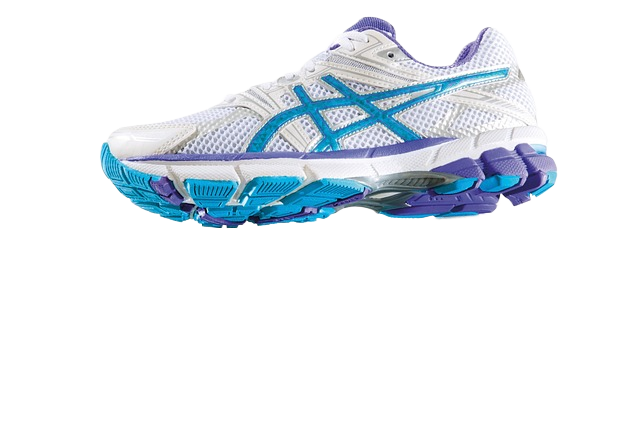Steve Jobs: “Focus on creating innovative products that solve real problems and capture the market’s attention.”
Elon Musk: “Invest in industries with high growth potential and leverage technology to scale your income streams.”
Jack Ma: “Embrace entrepreneurship and take calculated risks in new ventures to expand your income opportunities.”
Plato: “Develop your skills and knowledge to become a valuable asset in the marketplace and negotiate for higher pay.”
Vedali: “Practice mindfulness and gratitude to attract abundance into your life and open yourself up to new income opportunities.”
Master Hui Neng: “Seek inner peace and contentment, as true wealth comes from within and is not solely defined by material possessions.”







